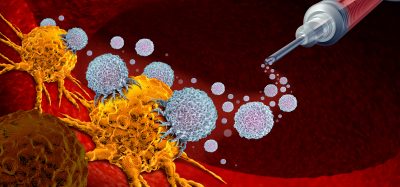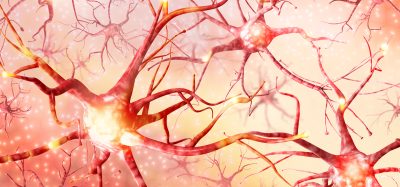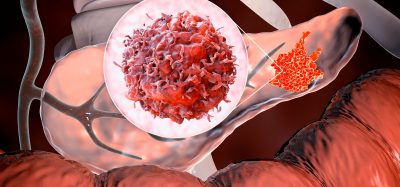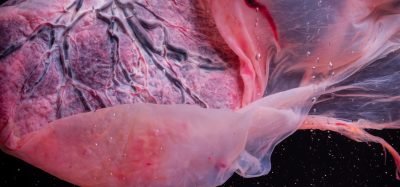New discovery could lead to new treatments for Parkinson’s
Posted: 30 July 2019 | Drug Target Review | No comments yet
New discovery makes it possible to design new therapies to replace alpha-synuclein’s function in people with Parkinson’s disease.
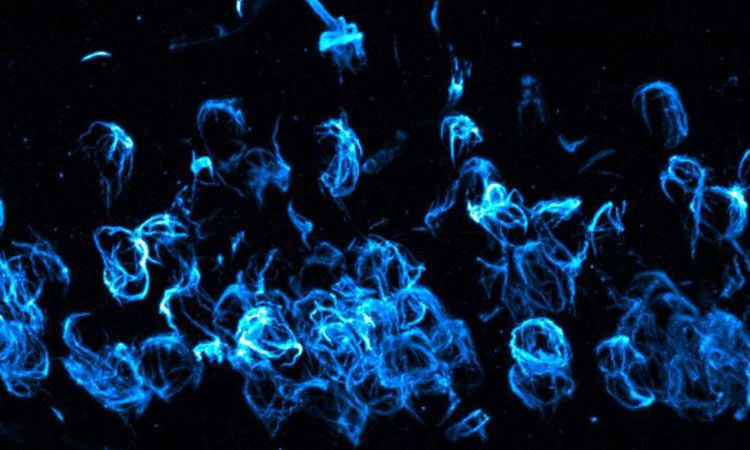
This image shows abnormal aggregated alpha-synuclein Lewy pathology within neurons of a brain's hippocampus in a mouse model of Parkinson's disease and dementia with Lewy bodies. New research suggests that alpha-nuclein proteins repair DNA breaks within the nucleus of brain cells. When they cluster outside the nucleus, as shown here, it can lead to cellular dysfunction and death (credit: Oregon Health & Science University).
According to new research, a small protein (alpha-synuclein) previously associated with cell dysfunction and death, in fact serves a critical function in repairing breaks in DNA. This discovery makes it possible to design new therapies to replace alpha-synuclein’s function or boost it in people with Parkinson’s disease and other neurodegenerative disorders.
The findings suggest that Lewy bodies (aggregates of alpha-synuclein) are problematic because they pull alpha-synuclein protein out of the nucleus of brain cells. The study, which examined the cells of living mice and postmortem brain tissue in humans, reveals that these proteins perform a crucial function by repairing breaks that occur along strands of DNA.
Alpha-synuclein’s role in DNA repair may be crucial in preventing cell death, a function lost in brain diseases such as Parkinson’s, leading to the widespread death of neurons.
Researchers found that the alpha-synuclein protein rapidly recruited to the site of DNA damage in the neurons of mice. In addition, they found increased double-strand breaks in the DNA of human tissue and mice in which the protein was clumped together in the form of Lewy bodies in the cytoplasm surrounding the cell’s nucleus. Taken together, the results suggest that alpha-synuclein plays a crucial role in binding broken strands of DNA within the cell’s nucleus.
Senior author of the study, Dr Vivek Unni, an associate professor of neurology in the OHSU School of Medicine, said he hopes that these findings lead to the development of methods to deliver alpha-synuclein proteins into the nucleus of cells or designing methods to replace its function. “This is the first time that anyone has discovered one of its functions is DNA repair,” Unni said. “That’s critical for cell survival, and it appears to be a function that’s lost in Parkinson’s disease.”
The study was published in the journal Scientific Reports.
Related topics
Disease Research, DNA, Neurons, Protein, Research & Development
Related conditions
Parkinson's disease
Related organisations
OHSU School of Medicine, Scientific Reports
Related people
Vivek Unni MD PhD



